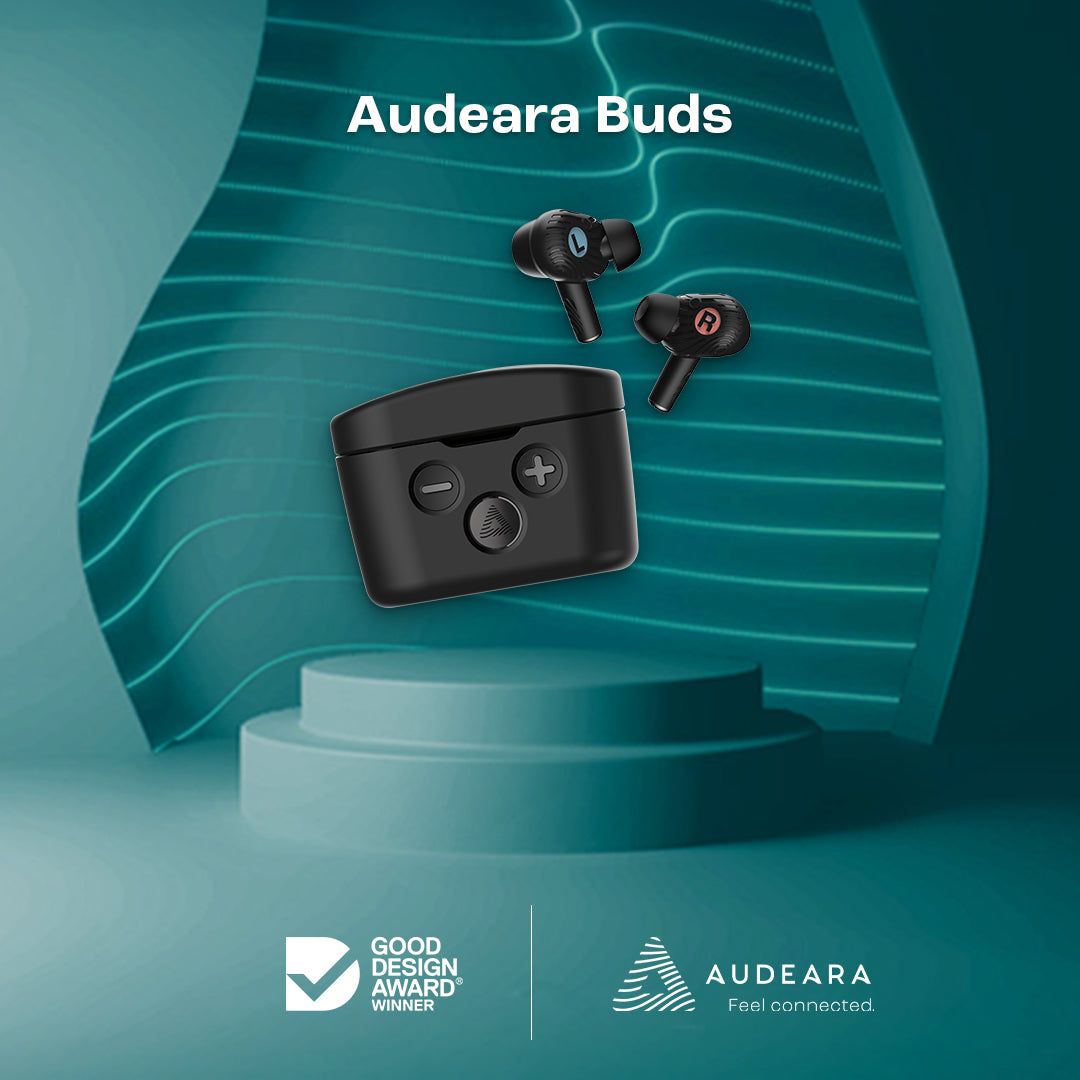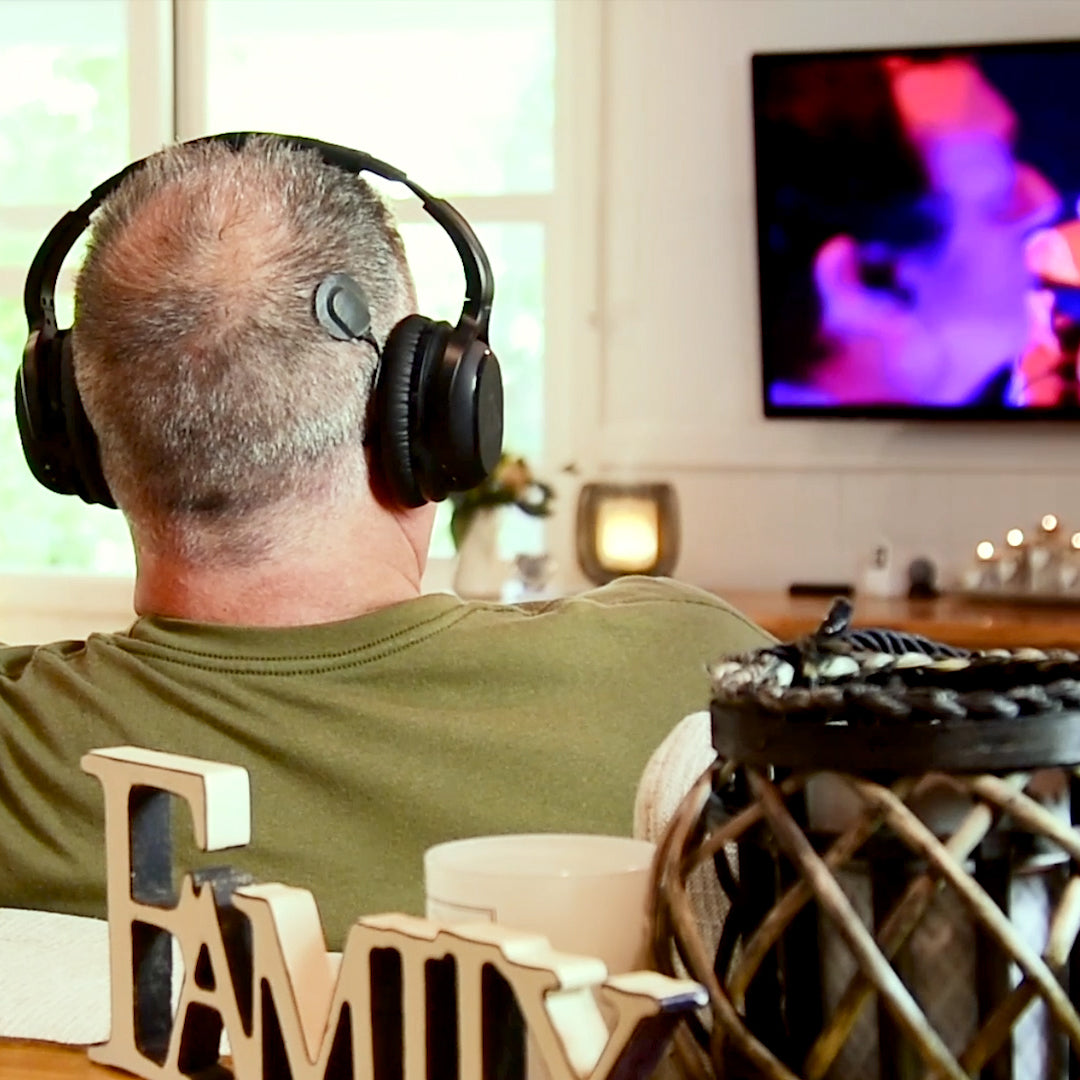By Dr Elaine Saunders, FTSE
I'm an Independent Director at Audeara. I'm also a hearing scientist, an audiologist and a biomedical engineer and I've built two successful hearing companies in Australia. I'm on the Audeara Board because throughout my career, I have worked hard to help people hear better and to grow Australian capability. When Audeara’s CEO Dr James Fielding asked me to join, I tested their solution, did some reading and readily agreed.
Australia actually has a strong and long history of quality research and development. In fact when I was working in hearing research and audiology in London, years ago, we used the guidance of researchers from Australia's National Acoustic Laboratories (NAL) all the time. NAL, or the Commonwealth Acoustic Laboratories as they were originally known, was building hearing aids as early as 1949. Indeed, were it not for component supply chain issues, it would have been earlier.
Audeara ticks both my boxes of helping people hear better and of helping to grow Australian capability. Today, sound is produced by clever computing, and Audeara headphones have a small computer chip which have been programmed to give a quality experience to the listener. This is different and more sophisticated than the early hearing aids, allowing more tailoring to the individual. Again, it is Australian research that has given us significant insights into how to personalise sound for people.
My Dad was very deaf and he loved music. He used to say that the solution was to have the best headphones available. Sadly he died some years before Audeara was founded, but I like to imagine him with his Audeara headphones.
Why headphones, when you could use hearing aids?
Most hearing aids today work pretty well. However, if you are a hearing aid user, the sound from your TV comes to you via a loudspeaker and then into your ear via another speaker. Any loudspeaker, whatever size, is characterised by its frequency response - that is, over which frequencies does it reproduce the sound. If the sound comes direct to your Audeara headphones, which are personalised to your hearing, then you cut out one of those speakers (the TV), but still get the benefit of using your unique hearing profile for tailored listening. This is a much better hearing path.
But you might not want to use hearing aids anyway, if the only time you feel that you don't hear well is when you’re watching the TV. As an audiologist, I have so often heard people complain that they have trouble with regional accents on the TV. There's a lot of science to explain why that is the case, but the answer is to get the most suitable sound input to your ears.
If you can make hearing easier and more enjoyable, then go for it. That’s why I love being involved with this exciting Aussie company.




